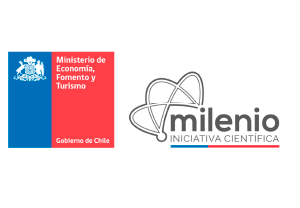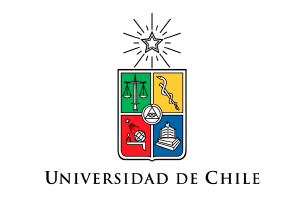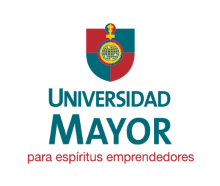Áreas de investigación | Sociopolitical Effects of Data
This research line seeks to study how increased understanding and accessibility of social data can:
A. Enhance government’s accountability.
B. improve the state’s capacity to implement sound public policy without infringing on data confidentiality.
C. Contribute to a more democratic and unbiased public sphere, counteracting, for instance, the influence of fake news.
D. Better channel processes of citizen mobilization that arise through social networks.
E. Further enhance the representativeness of democracy for all its people.
Towards those goals we will pursue four interrelated research objectives. First, at both theoretical and empirical levels, we will explore how overabundant, highly segmented, and viral information-flows shape the political process in Chile; what citizens (mis)learn about the public sphere from such flows; and how social movements seek to impact politics and public policy through social media.
Second, in collaboration with CIPER Chile, a renowned investigative reporting enterprise, we will develop a clearinghouse for relevant social and political news that go viral; in this way, we can curate a registry of fake-news, seeking to constrain its influence in Chile’s sociopolitical scene.
Third, we will seek to extend the availability of sociopolitical information to localities that currently have limited access due to geopolitical issues (e.g., localities in the Chilean region of Araucanía, or in urban shanty towns) using emerging technologies.
Fourth, we will analyze how different techniques for making state information available to citizens can lead to improved political accountability and democracy.










